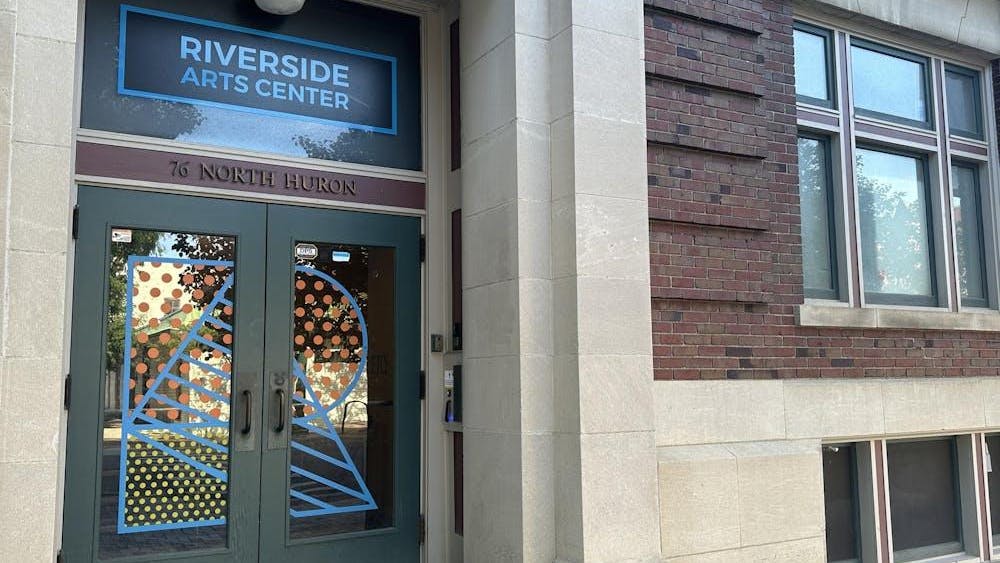This past Friday, Eastern Michigan University hosted the John W. Porter Chair of Urban Education Conference in honor of Veterans Day. The conference was dedicated to returning veterans adjusting to life at home from the military.
Twelve different sessions about various issues affecting vets, including trauma, coping, local government resources and women’s involvement, were held in various locations throughout the Student Center. Participants were given the opportunity to choose four of the 12 sessions to attend as well as the opening keynote speech and continental breakfast.
In the opening speech, David DiRamio, associate professor of higher education administration at Auburn University, spoke about the benefits college can provide for veterans returning to civilization. DiRamio said college helped him learn how to think in a way he had not in the military.
“I loved the military, I had a great time, but I don’t remember them teaching me how to think very critically,” DiRamio said. “Funny, when I went to interview for my job, that’s what they wanted to know if I could do. They didn’t want to know if I could fix radar.”
DiRamio told veterans in the audience about one of the major obstacles he has seen returning veterans face.
Veteran men face approximately twice the risk of suicide in comparison to civilian men. About 1,000 veterans commit suicide each year, Dzik and Rivette said.
The team helps veterans to recognize the signs of possible suicide.
“It’s important to know and understand the risk factors from other than just what they say,” Dzik said. “We think sort of like a teeter-totter. Maybe there’s a part of them that very much wants to die. But there’s almost always a small part of them that wants to live.”
The team also educates veterans on how to prevent suicide. Having people available to listen to people talk about their feelings can help depressed veterans deal with suicidal thoughts.
“You don’t have to be a mental professional,” Rivette said. “It’s just that human connection that really makes a big difference and then the willingness to inquire.”
The team helps veterans create suicide prevention plans and offers 24-hour service through the suicide hotline.
Dr. Sheila Rauch, a research psychologist and assistant professor of psychology in psychiatry at the University of Michigan Medical School, spoke about mental health for returning veterans.
“Most people in the military who are deployed [and] come back will have a period of readjustment where they’re kind of changing, figuring out what their goals are now that they’re out of the military,” Rauch said. “Most of them are going to end up having chronic long-term problems.”
Sarah Nowitzke, program manager at Veterans Affairs Ann Arbor Healthcare System, works to help returning veterans adjust to their new life at home.
“When our veterans come in, and they come in lots of different ways, we are required to do this case management and assessment for them,” Nowitzke said.
The Healthcare System offers many services to returning veterans, including mental health screening and assessment for pain and trauma.
“We want to make sure they know about their benefits and eligibility,” Nowitzke said. “If they do need case management services, we’re obligated to offer that to them.”









